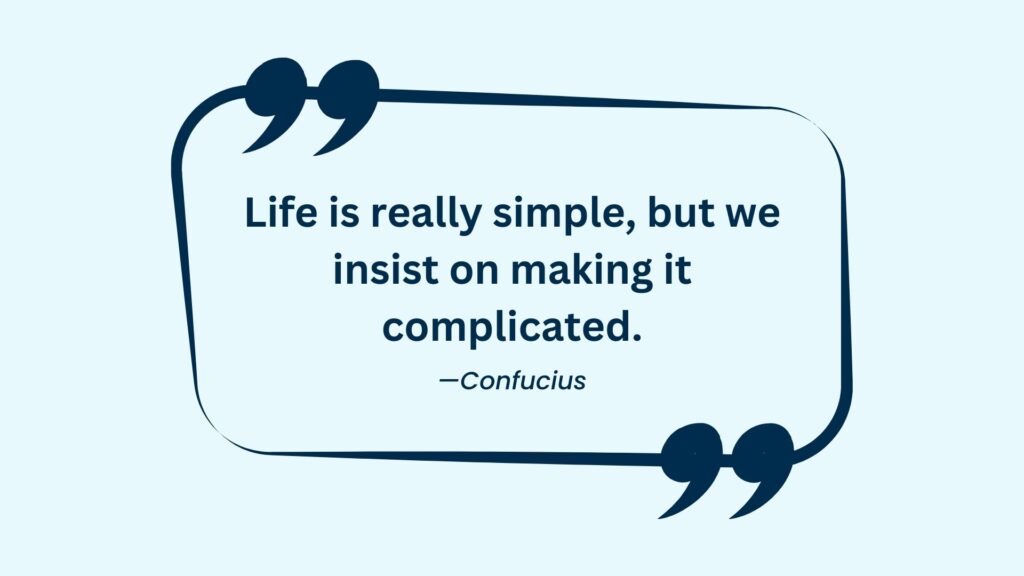IGCSE: Hey guys, I’m an IGCSE student. What boards are you guys from?
AP: Hi, I’m from the Advanced Placement board, and this is my friend from the International Baccalaureate board.
IB: Hey, good to meet you both.
IGCSE: Nice to meet you guys too. So, what do you study in your respective boards?
AP: Well, we take a wide range of courses, but the main focus is on college-level courses in areas like math, science, English, and history.
IB: Yes, and in the International Baccalaureate, we study six different subjects, including English, math, science, languages, and humanities.
IGCSE: Interesting. In IGCSE, we study a range of subjects as well, including English, math, science, languages, and social studies.
AP: That sounds similar to what we study. But one benefit of AP is that we have the opportunity to earn college credit for our courses, which can save us time and money in the long run.
IB: That’s true, but one benefit of the International Baccalaureate is that it’s a holistic approach to education, emphasizing not just academic achievement, but also personal development and community service.
IGCSE: That’s interesting. In IGCSE, we also have a strong focus on developing skills beyond just academic subjects, such as communication, critical thinking, and problem-solving.
AP: I think we all have that focus in common. Another benefit of AP is that it’s recognized worldwide, so it can be helpful if you’re planning to study abroad.
IB: Yes, and the International Baccalaureate is also recognized internationally, and can be a good option if you’re interested in pursuing higher education in another country.
IGCSE: That’s good to know. One benefit of IGCSE is that it’s a flexible program, with the option to choose different combinations of subjects based on your interests and career goals.
AP: That’s true. In AP, we have a set curriculum for each course, but there are still options to choose different courses based on your interests.
IB: And in the International Baccalaureate, there’s also some flexibility in terms of which subjects you choose to study, as well as the level at which you study them.
IGCSE: It’s great that all of our programs offer some degree of flexibility. I think the important thing is to choose the program that best fits your individual goals and interests.
IGCSE: So, what kind of assessments do you guys have in your programs?
AP: Well, in AP, we have both coursework and exams. The coursework is usually in the form of projects, essays, or research papers, while the exams are multiple-choice and essay-based.
IB: Similarly, in the International Baccalaureate, we have a mix of internal and external assessments. The internal assessments are usually in the form of essays, research projects, or oral presentations, while the external assessments are exams.
IGCSE: Interesting. In IGCSE, we have a combination of written exams and practical assessments, depending on the subject.
AP: That’s cool. Another benefit of AP is that we have the option to retake exams if we don’t do as well as we’d hoped, which can be helpful for those who struggle with test anxiety.
IB: In the International Baccalaureate, we have a similar policy, where we can retake exams or assessments if necessary.
IGCSE: It’s good to know that there are options for those who may struggle with exams or assessments. In IGCSE, we also have the option to take certain exams early, if we feel confident in the material.
AP: That’s interesting. In AP, we have the option to take exams for courses that we haven’t taken yet, if we feel we have the knowledge and skills necessary to do well.
IB: Similarly, in the International Baccalaureate, we have the option to take exams for higher-level courses, even if we haven’t taken the prerequisite courses, as long as we demonstrate sufficient knowledge and skills.
IGCSE: It’s great that there are options for challenging ourselves and pushing our limits in all of our programs.
AP: Definitely. And regardless of which program we choose, we all have the opportunity to develop skills like time management, organization, and self-discipline, which are valuable no matter where we go in life.
IB: That’s right. And we also have the opportunity to develop our creativity, critical thinking, and problem-solving skills, which are important for success in any field.
IGCSE: You know, I’ve always appreciated the practical focus of our program. We get to learn a lot of hands-on skills in subjects like science and technology, which I think will be really useful in the workforce.
AP: That’s a great point. And in AP, we get to explore a wide range of subjects in depth, which can help us figure out what we’re really passionate about.
IB: I completely agree. In the International Baccalaureate, we also get to explore different subjects and perspectives, but we also have a strong emphasis on global awareness and understanding.
IGCSE: That’s really interesting. In IGCSE, we also have a focus on global issues, but it’s more centered on how we can use our skills and knowledge to make a positive impact on our local communities.
AP: I think that’s great, because no matter what we study or where we end up, we all have the power to make a difference in the world.
IB: Exactly. And I think it’s important that we all have a sense of global responsibility and empathy, no matter which program we choose.
AP: Absolutely. Each program has its own strengths and benefits, so it’s important to do your research and choose the one that’s right for you.
IB: And remember that regardless of which program you choose, what matters most is your dedication and hard work in pursuing your academic and personal goals.
IGCSE: Well said. I think it’s great that we can all come together and share our experiences and perspectives on our respective programs.
AP: Definitely. We may come from different boards, but at the end of the day, we’re all students working towards our own unique goals and aspirations.
IB: That’s right. And we can all learn from each other and grow as individuals and as a community.
In this friendly roleplay, representatives from IGCSE, AP, and IB discussed the benefits of each program. The IGCSE representative appreciated the practical focus of their program, which allowed students to learn hands-on skills that would be useful in the workforce. The AP representative pointed out that their program allowed students to explore a wide range of subjects in depth, helping them to discover their passions. The IB representative agreed with both of these points, but also highlighted the importance of global awareness and understanding, which is a central focus of their program. While each program has its own unique strengths, they all agreed that it’s important for students to have a sense of global responsibility and empathy.
The representatives continued their conversation, discussing how their respective programs prepared students for college and beyond. The IGCSE representative explained that their program had a strong focus on developing practical skills that would be useful in the workforce, which made it an excellent choice for students who were interested in vocational careers or who wanted to enter the workforce right after high school. However, they also noted that the program was rigorous and challenging, and prepared students well for college.
The AP representative agreed, pointing out that their program was specifically designed to prepare students for college-level coursework. AP classes are often considered more rigorous than regular high school classes, and students who score well on AP exams can earn college credit, allowing them to skip introductory courses and potentially graduate early. Additionally, the AP program is highly regarded by colleges and universities, and can help students stand out in the college admissions process.
The IB representative added that the IB program was also highly regarded by colleges and universities, and that it was specifically designed to prepare students for college-level coursework. However, they also pointed out that the program had a broader focus, with an emphasis on developing critical thinking skills, encouraging students to make connections across subjects, and developing a strong sense of global awareness and responsibility.
The conversation then turned to the types of students who might benefit from each program.
The IGCSE representative pointed out that their program was a good choice for students who were interested in practical, hands-on learning, or who were considering vocational careers. Additionally, the program was designed to be flexible, with a wide range of subject choices that allowed students to tailor their education to their interests and goals.
The AP representative noted that their program was a good choice for high-achieving students who were interested in pursuing advanced coursework in a wide range of subjects. The program was rigorous and challenging, but also highly rewarding, with the potential for students to earn college credit and stand out in the college admissions process.
The IB representative agreed, but also pointed out that the IB program was a good choice for students who were interested in exploring different subjects and perspectives, and who wanted to develop a strong sense of global awareness and responsibility. The program was designed to be challenging, but also supportive, with a strong emphasis on collaboration and community.
In the end, the representatives agreed that each program had its own unique strengths and benefits, and that the best choice for any given student would depend on their individual interests, goals, and learning style. They all expressed admiration for one another’s programs and the work they were doing to prepare students for the future. The conversation was friendly, respectful, and focused on finding the best educational options for students, rather than trying to compete with one another.











